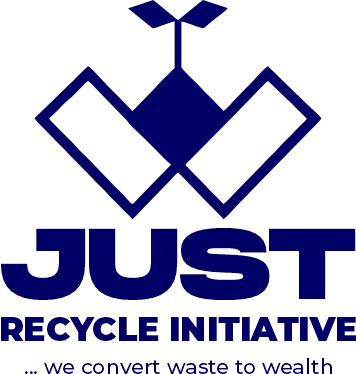THE IMPACT OF IMPROPER WASTE DISPOSAL ON PUBLIC HEALTH
Have you ever passed by a pile of trash and felt disgusted and concerned? Perhaps it is the smell, the flies hovering around, or what that pile may be doing to the environment-and to us. I have those moments, and it always leaves me wondering why proper waste disposal seems like such a big challenge. But the truth is, the impacts of not properly handling our waste go a bit deeper than just making our surroundings unpleasant; it threatens our health in ways many of us really don’t realize.
Think about it: when waste isn’t disposed of correctly, it becomes a breeding ground for diseases. Have you noticed how stagnant water from discarded plastics becomes a haven for mosquitoes? Those are the mosquitoes that give diseases like malaria and dengue fever, which take away lives yearly, especially in developing countries. And then, of course, there is the open burning of waste in almost every neighborhood. While the act may be seen as a quick way out, the smoke emitted contains harmful toxic elements that may destroy our lungs and increase respiratory problems, such as asthma.
I remember visiting one community that had a struggle with waste management. Children would play outside barefoot near a dump site, oblivious of the dangers lurking in that place. The risks weren’t only from cuts or injuries but also from that waste being hazardous materials that poison the soil and water supply. People can get illnesses such as cholera, typhoid, and some long-term conditions caused by exposure to heavy metals through drinking contaminated water and coming into contact with the toxic materials.
The saddest part is that the people most affected by improper waste disposal are often those with limited access to healthcare. Imagine falling sick from something entirely preventable and then struggling to get the care you need. It’s a vicious cycle that keeps communities in poverty.
So, what can we do about it? It starts with us. Let us be more intentional in separating our waste-plastic, organic, and hazardous materials so they would be disposed of properly or recycled. Communities can also take collective action by organizing clean-up drives or working with local authorities to set up efficient waste management systems.
Improper waste management is not only an environmental concern; it is a public health crisis. It’s very easy to point fingers at governments or organizations, but true change starts when we accept our responsibility for the waste we produce.
Let us not wait until another outbreak or some health scare forces us into action. Together, we can make spaces cleaner and safer-for ourselves, our families, and for generations to come.
What is it that you will do today to bring better waste management in your area?



Comments
Post a Comment